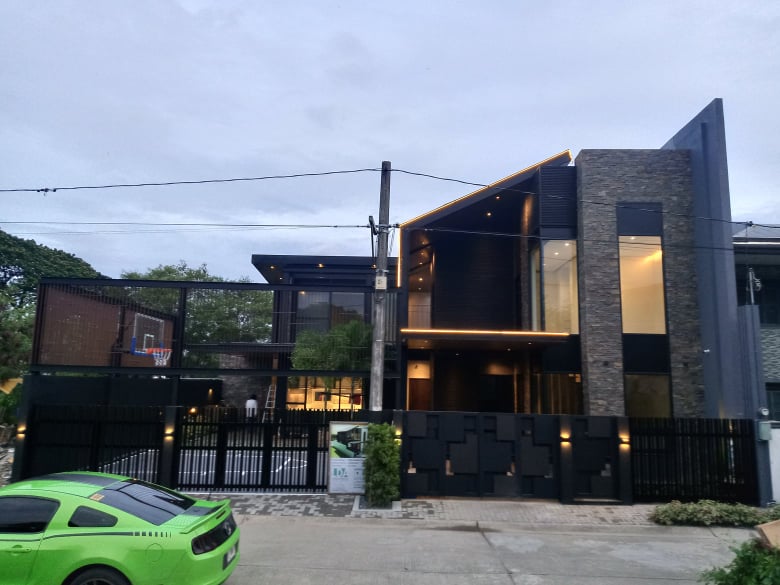
Residential Home Construction Standards Followed by KMLBCC
Residential construction plays a critical role in shaping communities and

the quest for greener, more sustainable living spaces has led to innovative solutions in landscaping. One such solution gaining traction in the Philippines is the use of fake grass, also known as artificial turf or synthetic grass. Beyond its aesthetic appeal, fake grass offers a range of health benefits, particularly when it’s lead-free and toxic-free. In this blog post, we’ll delve into why opting for lead-free and toxic-free fake grass can contribute to healthier homes in the Philippines.
Maintaining a natural grass lawn often involves the use of pesticides, herbicides, and fertilizers to keep it lush and green. However, these chemicals pose risks to both human health and the environment. Ingestion or inhalation of pesticide residues can lead to health issues, especially for children and pets who frequently play on the grass. Moreover, the runoff from these chemicals can contaminate water sources and harm aquatic ecosystems.
Fake grass offers a viable alternative to natural grass, mimicking the look and feel of real grass without the need for harmful chemicals. Typically made from synthetic fibers like polyethylene or polypropylene, fake grass is durable, low-maintenance, and resistant to fading. Its popularity in residential and commercial settings stems from its ability to provide a lush, green lawn year-round, regardless of weather conditions.
Choosing lead-free and toxic-free fake grass is crucial for safeguarding the health of your family and the environment. Lead, a common component in older fake grass products, can pose serious health risks, particularly to children who may ingest or come into contact with it during play. Toxic chemicals found in some fake grass products can also off-gas volatile organic compounds (VOCs), contributing to indoor air pollution. Opting for lead-free and toxic-free fake grass eliminates these risks, ensuring a safer and healthier environment for all.
When selecting fake grass for your home, look for products that meet stringent safety standards and certifications. Organizations like ASTM International establish guidelines for the manufacturing and installation of fake grass, including requirements for lead content and toxic materials. Additionally, environmental certifications such as the Green Label or the Global Organic Textile Standard (GOTS) indicate that the product has been produced using eco-friendly practices.
Beyond health considerations, fake grass offers environmental benefits that contribute to a more sustainable home ecosystem. By eliminating the need for pesticides, herbicides, and fertilizers, fake grass reduces chemical runoff into waterways, preserving local ecosystems. Additionally, its low-water requirements help conserve precious resources, especially in regions prone to drought. Overall, choosing fake grass can play a part in reducing your carbon footprint and promoting environmental stewardship.
While the initial cost of installing fake grass may seem daunting compared to natural grass, it’s essential to consider the long-term savings and benefits. Fake grass requires minimal maintenance, eliminating the need for watering, mowing, and chemical treatments. Over time, these savings can offset the initial investment, making fake grass a cost-effective and sustainable landscaping option for homeowners in the Philippines.
Opting for lead-free and toxic-free fake grass offers numerous health and environmental benefits for homeowners in the Philippines. By eliminating exposure to harmful chemicals and reducing environmental impact, fake grass contributes to creating safer, more sustainable living spaces. As awareness grows and technology advances, fake grass philippines will continue to play a vital role in shaping the future of landscaping, fostering healthier homes for generations to come.

Residential construction plays a critical role in shaping communities and

Church retreats provide an opportunity for spiritual reflection, fellowship, and

Tagaytay City has long been a top choice for couples
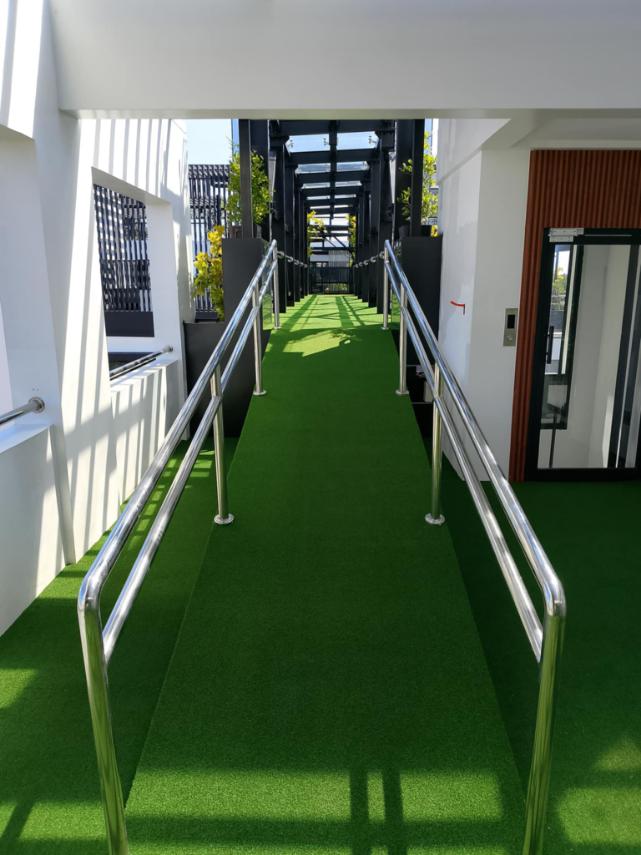
Creating a green, inviting environment in a bustling city like
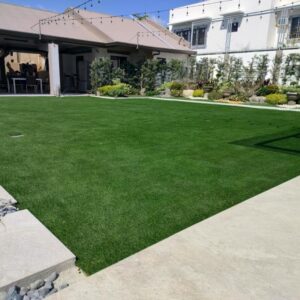
Maintaining a lush, green lawn in San Juan can be
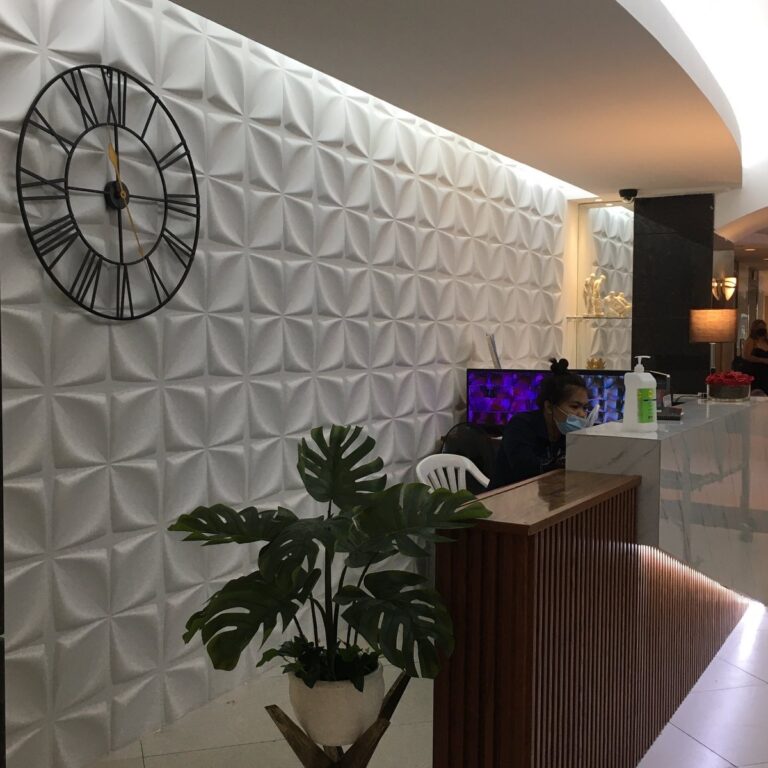
Walls are more than structural elements; they set the tone
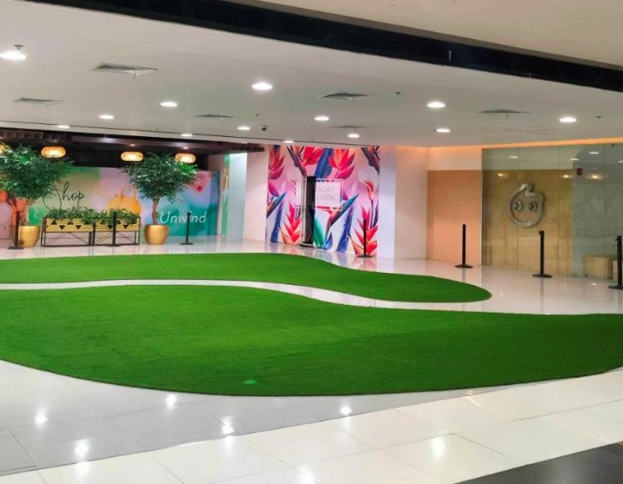
Urban living in Pasay presents unique challenges for landscaping. Limited
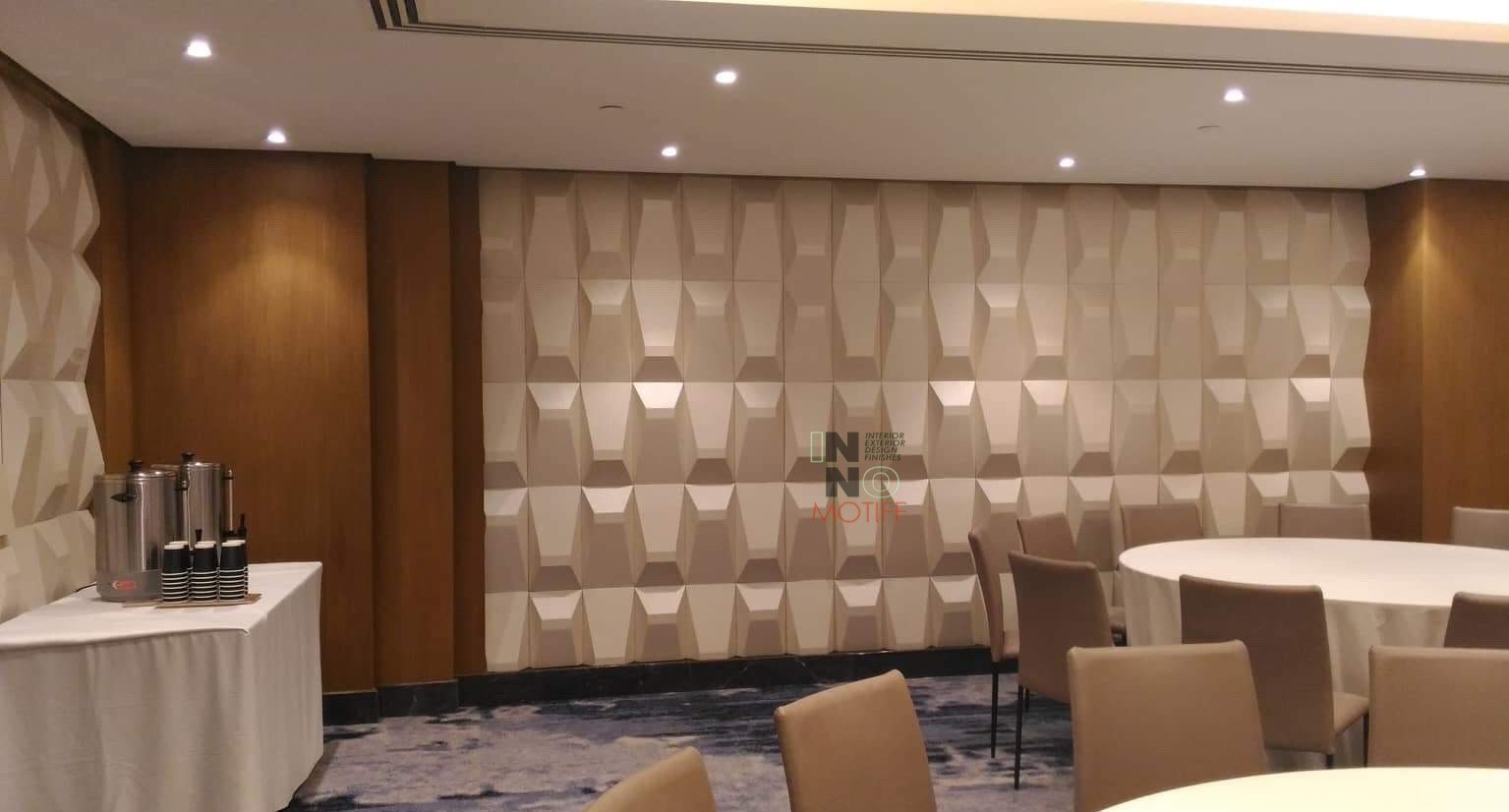
Modern interior design emphasizes creativity, functionality, and a sense of

Modern interior design trends in Mandaluyong emphasize creativity, texture, and
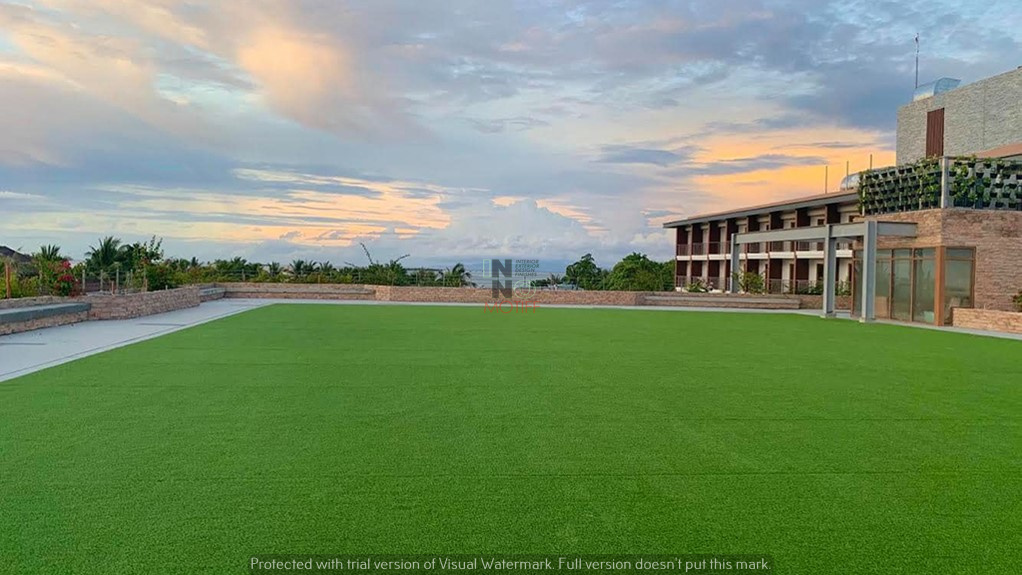
Maintaining a lush and vibrant lawn in Navotas can be